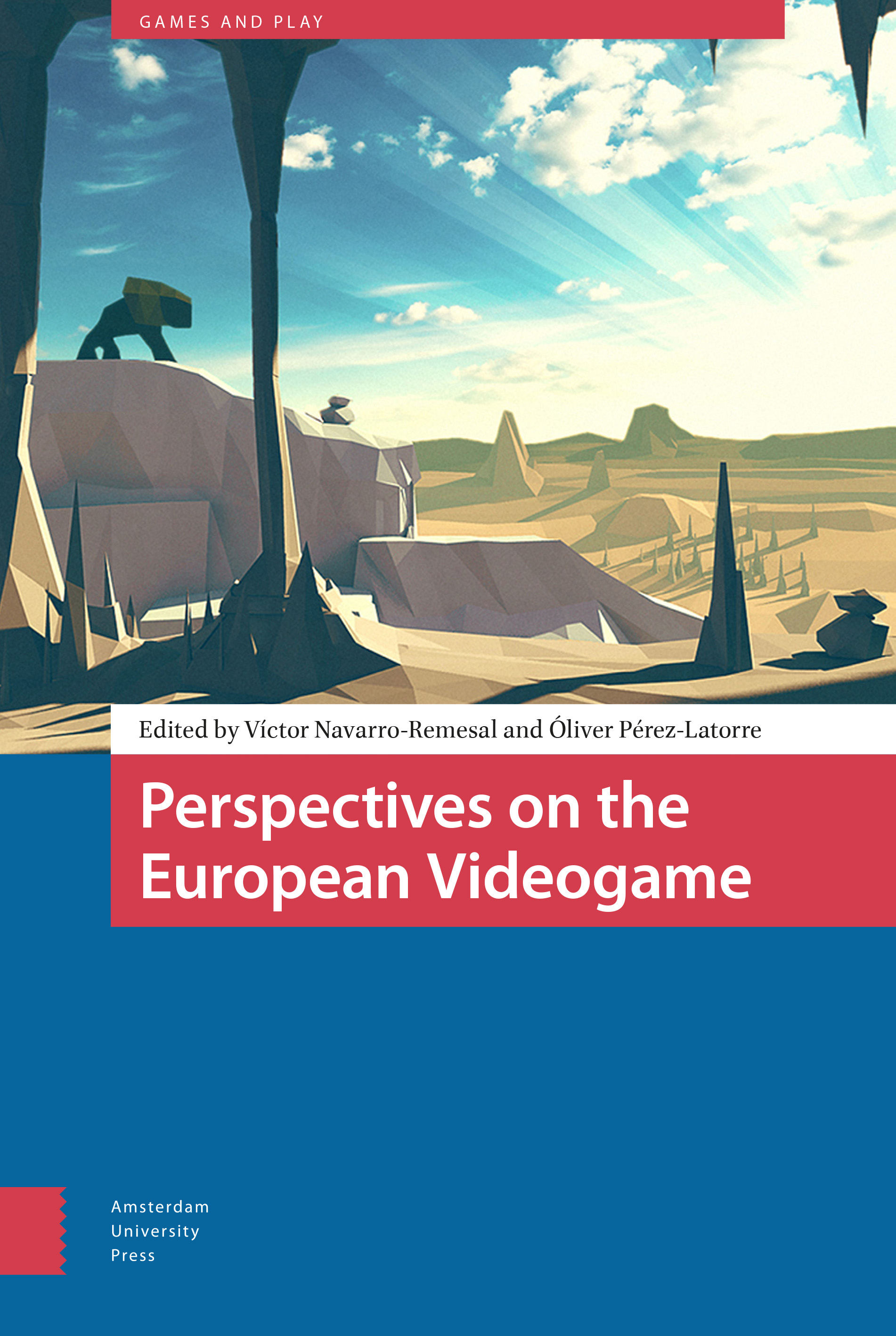Book contents
- Frontmatter
- Table of Contents
- Prologue Conflict, Negotiation, Appropriation, and Diversity: The Challenge of European Game Studies
- Introduction Euro Ludens: On the Origins, Playing Region, and Imaginaries of the European Videogame
- Part I National Stories
- Part II Transnational Approaches
- Conclusions (for now) European Videogames, Europeanness in Videogames
- Index
Introduction - Euro Ludens: On the Origins, Playing Region, and Imaginaries of the European Videogame
Published online by Cambridge University Press: 16 December 2021
- Frontmatter
- Table of Contents
- Prologue Conflict, Negotiation, Appropriation, and Diversity: The Challenge of European Game Studies
- Introduction Euro Ludens: On the Origins, Playing Region, and Imaginaries of the European Videogame
- Part I National Stories
- Part II Transnational Approaches
- Conclusions (for now) European Videogames, Europeanness in Videogames
- Index
Summary
Abstract
The videogame industry has historically been perceived as a field dominated by Japan and the USA. Europe remains scarcely visible in gaming discussions, and European videogames are rarely discussed as being European in the same way that geopolitical origin would be factored in when discussing American or Japanese games. In this chapter, our intention is threefold: first, to propose a broad definition of the European videogame and single out some of its roots; second, to identify shared trends and traits in the games produced within this cultural space; and third, to introduce the multiple perspectives, theoretical frameworks, and methodologies employed by the authors of the following chapters, which compose a complex and polyhedric first approach to mapping the matter.
Keywords: European videogame, Eurogames, National Game Studies, Authorship, Social Discourse, Humour
The videogame industry has historically been perceived as a field dominated by Japan and the United States, with Europe being seen as a ‘third space’ overshadowed by these two countries. However, Europe has plenty of gamemakers, professional or otherwise, and a long history of game development. Various European development studios have built up remarkable creative prestige over the years and have had an impact on worldwide trends in the medium. Certainly, Europe has had less significance in terms of videogame publishers, but the French company Ubisoft has been a leading international publisher since the 90s, and the continent is also home to some of the largest trade shows across the world, like Gamescom, Paris Games Week, Milan Games Week, Madrid Games Week, and Nordic Game. Concerning the global videogame market, historical figures verify that Europe has played a significant role as ‘player/consumer’: in 2020, Germany, the UK, France, Spain, and Italy (the five biggest national markets in the continent) amounted to 21.15% of the global revenue (Statista, 2019).
Nevertheless, Europe, as a cultural space, remains virtually invisible in gaming discussions; or, at least, European videogames are rarely discussed as being European in the same way the geopolitical origin would be factored in when discussing American or Japanese games, or the way ‘Eurogames’ is used in board games communities to distinguish them from American productions.
- Type
- Chapter
- Information
- Perspectives on the European Videogame , pp. 15 - 36Publisher: Amsterdam University PressPrint publication year: 2021
- 1
- Cited by

